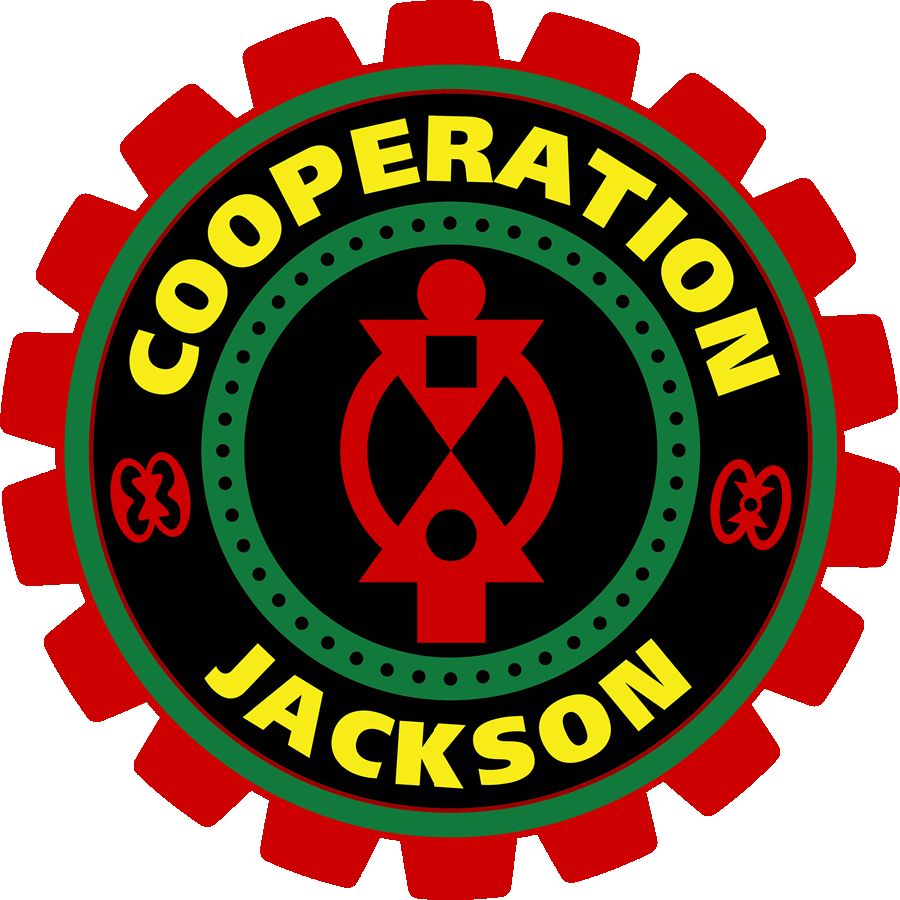From Crisis to Transformation: What is Just Transition? A Primer
/This primer seeks to explore why it is imperative to orient ourselves and our social movements towards a Just Transition and how we can consciously and deliberately move away from the dysfunctional and destructive systems that are leading us towards extinction. How can we advance towards new systems of social relations that will help us to survive and overcome the climate crisis and to reverse the planet’s sixth mass extinction?
Authors
Kali Akuno, Katie Sandwell, Lyda Fernanda Forero, Jaron Browne
In collaboration with
Introduction
We are living through an age of profound transition. Political upheaval is the order of the day. Economic inequality is rising. People around the globe are being displaced by conflict and climate emergencies. Racism, xenophobia, and religious intolerance are on the rise. The COVID-19 pandemic cast new light on the injustices and irrationality of our current economic and social systems.
The crises we face today are social and political, but they go deeper. The life gi- ving systems of the earth are under threat as a result of the system of production which has been foisted upon the world over the last 250 years. Fuelled by petrochemicals, driven by profit, and based on the hyper-exploitation of both workers and natural systems, this mode of production has overtaxed and disrupted many of the cycles that kept the global ecosystem in balance — including carbon cycles.
The changes to this cycle manifest themselves in extreme climate events, from extreme droughts and massive forest fires to more frequent and severe hurricanes and typhoons. Life itself is also being depleted. We are in the midst of our planet’s sixth mass extinction event: an estimated 200 to 2000 species are being lost every year because of climate change, pollution and habitat destruction.
The environmental and social effects of the industrial capitalist system have long been obvious to marginalised communities forced to live in the garbage dumps of production while their resources are pillaged for raw materials. Today, however, the systemic effects are increasingly visible to all. In order to save humanity and complex life on our precious planet, we need a major course change. We need a Just Transition.
In simple terms, a Just Transition is a systemic turn, through genuinely democratic means, away from exploitation, extraction, and alienation, and towards systems of production and reproduction that are focused on human well-being and the regeneration of ecosystems. Just Transition, as we envision it, is much more than a shift from fossil fuels and towards renewable or green energy sources.
It is, rather, a profound transformation of our society that seeks to put human- ity into a harmonic balance with the earth, its ecological systems, the multitude of species that we share this fragile planet with — and one another. It would rely on socio-economic systems and practices that emphasise solidarity, co-operation, commoning, sharing and caring. It would shun competition, conflict, privatization, accumulation, and hyper-individualism.
This primer seeks to explore why it is imperative to orient ourselves and our social movements towards a Just Transition and how we can consciously and deliberately move away from the dysfunctional and destructive systems that are leading us towards extinction. How can we advance towards new systems of social relations that will help us to survive and overcome the climate crisis and to reverse the pla- net’s sixth mass extinction?
This Primer has been the product of a collective process of thinking between the authors and their organisations, who have been working in different ways on the concept of Just Transition with social movements, organisations and communities around the world, and trying to understand how this simple but powerful idea can help people to mobilise for genuine and transformative change. This is not a final or exhaustive vision of Just Transition, as different regions, communities, movements and organisations are developing their own visions (see the final section). However it is hoped that these key ideas and questions will give all readers tools for thinking more deeply about what Just Transition might mean for them, their movements, and their communities.



